Dead End
Krzysztof Meyer
Leave us your e-mail and get notified if more tickets for this event become available. Click GET AVAILABILITY NOTIFICATION next to the listing here.
Opera in three acts
Libretto: Antoni Libera
World premiere: 14 October 2023, Polish National Opera, Warsaw
In the original Polish with Polish and English surtitles
Krzysztof Meyer is published by PWM Edition
Dead End is a singular work: an opera exploring current issues, written by two prominent Polish artists, Krzysztof Meyer and Antoni Libera.
Krzysztof Meyer is considered one of the most prominent present-day composers. He was a noteworthy student of Krzysztof Penderecki, then a pupil of Nadia Boulanger and Witold Lutosławski, and finally, a professor of composition of the Cologne University of Music, now retired. As an eminent expert on Shostakovich, he penned a monograph on the composer and composed the third act of The Gamblers. A composer of mainly large-scale symphonic pieces and chamber music, he also wrote a youthful opera after Stanisław Lem’s The Cyberiad. The composer has a number of prestigious awards to his name.
Antoni Libera is a recognised writer and translator. His bestselling novel Madame was translated into more than twenty languages and was shortlisted for the International IMPAC Dublin Literary Award in 2002. He is an expert on Samuel Beckett and translator of his works. He rendered into Polish all the Irish Nobel laureate's dramas and directed many of them in Poland and abroad. He is the author of new translations of many classics, including the works of Sophocles, Shakespeare, Racine, Hölderlin and Kavafis.
And so we find ourselves at a little railway station in the fictional principality of Alpos – in the very centre of Europe – located close to the key transportation routes connecting the continent’s major capitals. Passengers travelling to different destinations meet here on the way to Bern where they can catch an international express train.
The passengers represent opposing world views and social attitudes. First off, we have the Modernists heading to a huge congress in Paris to settle on the flag for the Earth. Next up are the Conservatives on their way to the 'Days of Holiness' in Rome. Finally, there are the suspicious Barbarians/Terrorists departing on a mission to Berlin.
Because of the persistent delays plaguing the railway services, all the passengers face the risk of missing their connections. They are unexpectedly bailed out by a Suicide handcuffed to the train track. In an attempt to rescue the man and to avoid a disaster, the stationmaster forces an international express train to make an emergency stop, which allows the relieved passengers to board it illegally.
The originality of Dead End lies in it being is a philosophical tale presented in the operatic form. The composition is governed by the number three: three acts, three groups of passengers, three suicide attempts (hence the subtitle: 'Third time’s the charm'). The principal characters are the Stationmaster and the Suicide. The former is a proponent of maintaining order at all costs (despite his lack of illusions), the latter is the epitome of disaffection associated with excess and decadence. Sadly, when the age-old dispute about the meaning of existence unfolds, a third ('dark') force enters into the equation and brings doom on everybody.
Libera openly references the poetics of the Theatre of the Absurd and particularly Sławomir Mrożek’s late plays permeated with bitterness and deep-seated pessimism. The numerous comedic and grotesque elements play up the gloomy tenor of the work. Black humour is used to produce irony and sarcasm. It all perfectly corresponds with Meyer’s music, whose tone often shifts from buffo to serio and back again. It seems a perfect vehicle for the ideas presented in the libretto: formally elegant, technically pristine, logical and well put together (just like the Stationmaster), it evokes anxiety, dissonance and passion tinged with dread and despair (just like the Suicide). All of this unambiguously applies to contemporary Western civilisation, tormented by dramatic dilemmas and conflicts and threatened by naked violence from outside (think Russian aggression against Ukraine).
The production is directed by Marek Weiss, who returns to the Polish National Opera after the success of his take on Ignacy Jan Paderewski’s Manru in 2018. Overall, the director staged twenty new productions at the Polish National Opera, including the world premieres of The Gates of Paradise and Yvonne, The Princess of Burgundy, and the Polish premieres of Wozzeck, Paradise Lost, and The Master and Margarita. He was Deputy Director for Artistic Affairs during Jacek Kaspszyk’s tenure as the opera house's general manager. Apart from five novels, he authored Biały Wieloryb (White Whale), a saga about his endeavours as opera creator in Poland and abroad over the last half a century. Published by PWM Edition, the book will be promoted at the Polish National Opera in conjunction with the Dead End premiere.
This promises to be a staging that is not only visually and musically appealing but also intellectually intriguing. It is also sharp, witty and has a ironically sarcastic message that is open to more than one interpretation. Works with such characteristics and of such caliber are not often seen in opera.
Cast
Credits
Sponsors
-
Wydawcą utworów Krzysztofa Meyera jest Polskie Wydawnictwo Muzyczne
-
Patrons of the Polish National Opera | Partners of the Opera Academy
-
Partners of the Polish National Opera
-
Media patrons
-
Media partner
-
Partner koktajlu






![[Translate to English:] proj. graf. Adam Żebrowski [Translate to English:] proj. graf. Adam Żebrowski](/fileadmin/_processed_/4/5/csm_Slepy_Tor_B-1_PREVKA_1__df271fe893.jpg)
![[Translate to English:] Fot. Krzysztof Bieliński [Translate to English:] Fot. Krzysztof Bieliński](/fileadmin/_processed_/c/1/csm_BIEL4054_ef34da6acc.jpg)
![[Translate to English:] Fot. Krzysztof Bieliński [Translate to English:] Fot. Krzysztof Bieliński](/fileadmin/_processed_/6/9/csm_BIEL4207_f2328c5034.jpg)
![[Translate to English:] Fot. Krzysztof Bieliński [Translate to English:] Fot. Krzysztof Bieliński](/fileadmin/_processed_/0/b/csm_BIEL4594_0b13806bc9.jpg)
![[Translate to English:] Fot. Krzysztof Bieliński [Translate to English:] Fot. Krzysztof Bieliński](/fileadmin/_processed_/0/e/csm_BIEL4619_366d1547a6.jpg)
![[Translate to English:] Fot. Krzysztof Bieliński [Translate to English:] Fot. Krzysztof Bieliński](/fileadmin/_processed_/8/5/csm_BIEL5703_022f88dc08.jpg)
![[Translate to English:] Fot. Krzysztof Bieliński [Translate to English:] Fot. Krzysztof Bieliński](/fileadmin/_processed_/9/4/csm_BIEL4863_331fd30e7b.jpg)
![[Translate to English:] Fot. Krzysztof Bieliński [Translate to English:] Fot. Krzysztof Bieliński](/fileadmin/_processed_/6/b/csm_BIEL5031_80bf4d6c1f.jpg)
![[Translate to English:] Fot. Krzysztof Bieliński [Translate to English:] Fot. Krzysztof Bieliński](/fileadmin/_processed_/a/7/csm_BIEL5091_b9b20344d9.jpg)
![[Translate to English:] Fot. Krzysztof Bieliński [Translate to English:] Fot. Krzysztof Bieliński](/fileadmin/_processed_/8/f/csm_BIEL6177_1b9e5e23a7.jpg)
![[Translate to English:] Fot. Krzysztof Bieliński [Translate to English:] Fot. Krzysztof Bieliński](/fileadmin/_processed_/f/b/csm_BIEL6457_ca02fd1d4b.jpg)
![[Translate to English:] Ślepy tor - Teaser [Translate to English:] Ślepy tor - Teaser](/fileadmin/_processed_/0/f/csm_SLEPY_TOR_-_teaser_188fd379c6.png)
![[Translate to English:] Kompozytor Krzysztof Meyer o „Ślepym torze” [Translate to English:] Kompozytor Krzysztof Meyer o „Ślepym torze”](/fileadmin/_processed_/b/0/csm_Kompozytor_Krzysztof_Meyer_o__Slepym_torze__dca36e5376.png)
![[Translate to English:] Librecista Antoni Libera o „Ślepym torze” [Translate to English:] Librecista Antoni Libera o „Ślepym torze”](/fileadmin/_processed_/b/7/csm_Librecista_Antoni_Libera_o__Slepym_torze__17b33a2aef.png)
![[Translate to English:] [Translate to English:]](/fileadmin/_processed_/f/d/csm_Rezyser_Marek_Weiss_o__Slepym_torze__84ac93876a.png)
 Rafał Żurek
Rafał Żurek  Bartłomiej Misiuda
Bartłomiej Misiuda ![[Translate to English:]](/fileadmin/_processed_/d/8/csm_robert_gierlach_kwadrat_8b8a9ddcf2.jpg) Robert Gierlach
Robert Gierlach  Bożena Bujnicka
Bożena Bujnicka  Anna Bernacka
Anna Bernacka 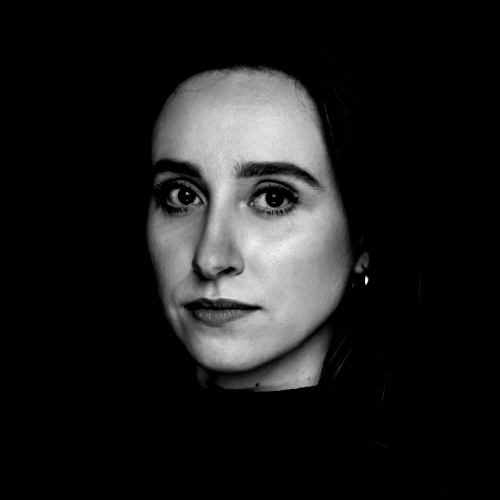 Magdalena Pluta
Magdalena Pluta 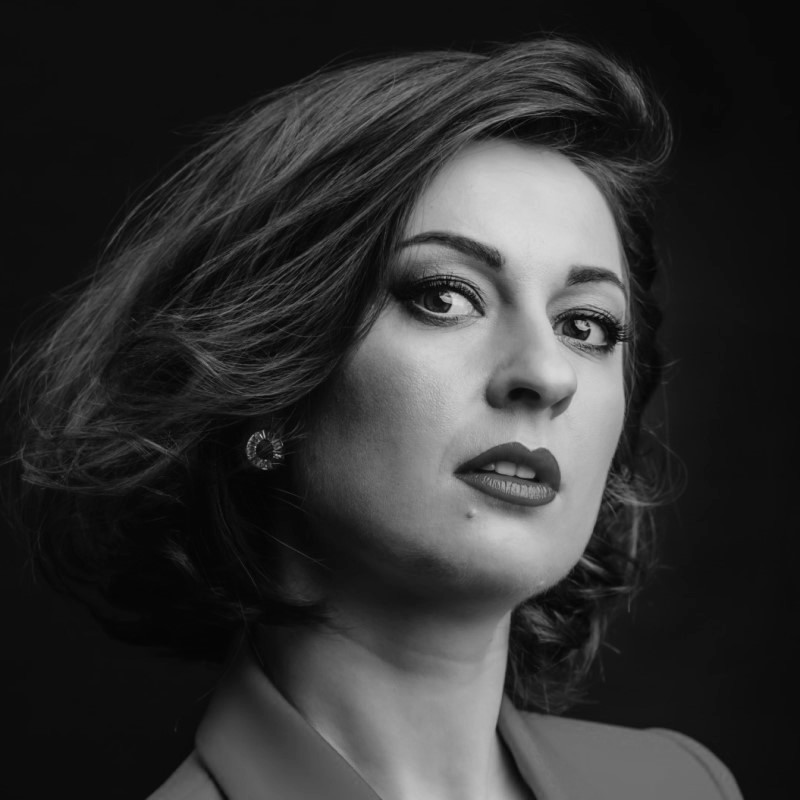 Magdalena Stefaniak
Magdalena Stefaniak ![[Translate to English:] Zuzanna Nalewajek](/fileadmin/_processed_/b/f/csm_Zuzanna_Nalewajek_mini_fot._L._Dyczko_2bc267f7f2.jpeg) Zuzanna Nalewajek
Zuzanna Nalewajek  Elwira Janasik
Elwira Janasik  Mateusz Zajdel
Mateusz Zajdel  Krzysztof Szumański
Krzysztof Szumański  Stanislav Kuflyuk
Stanislav Kuflyuk  Łukasz Borowicz
Łukasz Borowicz ![[Translate to English:]](/fileadmin/_processed_/4/8/csm_Weiss_cb_67bb2fafc5.jpg) Marek Weiss
Marek Weiss  Jagna Janicka
Jagna Janicka  Anna Adamek
Anna Adamek  Bogumił Palewicz
Bogumił Palewicz ![[Translate to English:]](/fileadmin/import/media/img/ludzie/spiewacy/IZABELLA-KLOSINSKA370.jpg) Izabela Kłosińska
Izabela Kłosińska ![[Translate to English:] Izadora Weiss](/fileadmin/_processed_/1/f/csm_Izadora_Weiss_mini_2abf45c540.jpg) Izadora Weiss
Izadora Weiss 
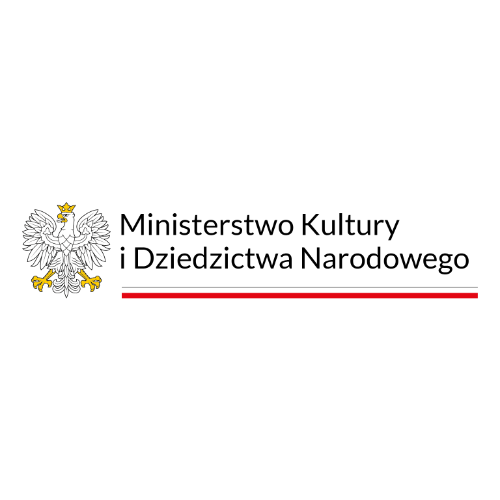







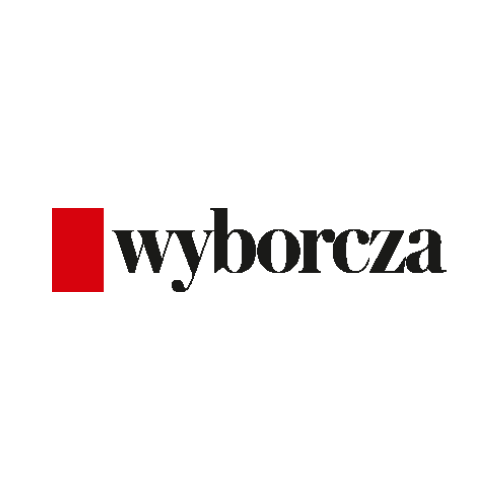
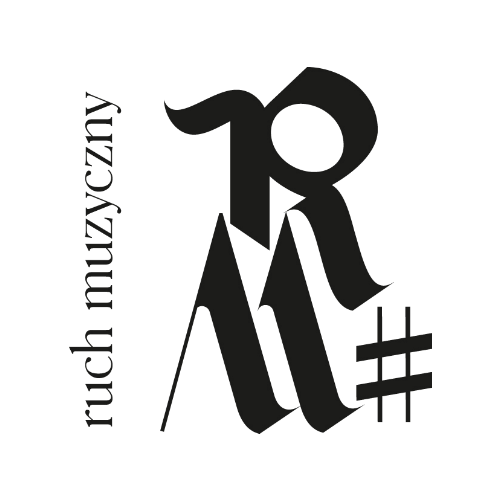

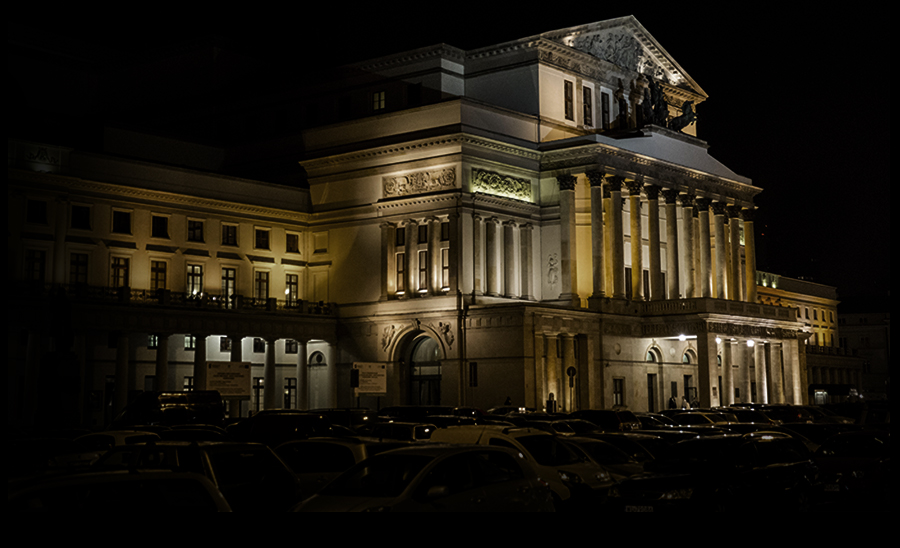 ''
''